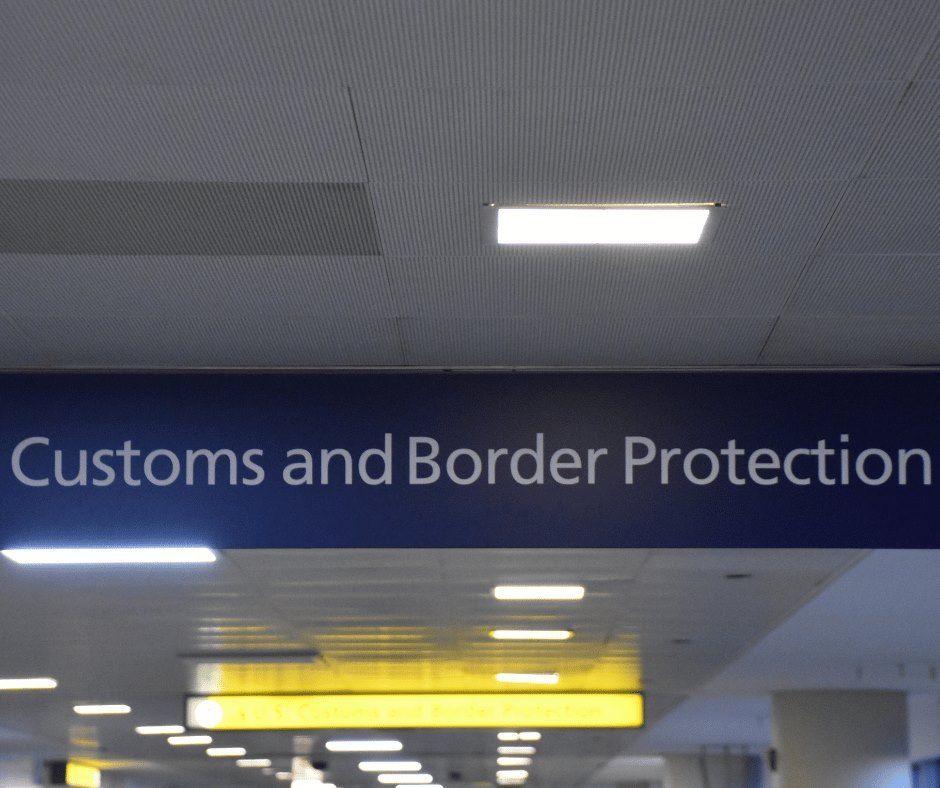European Multinationals and U.S. Iran Sanctions
Ian Simmonds • February 23, 2019
The USA has withdrawn from the Joint Comprehensive Plan of Action (JPCOA) and reinstated U.S. sanctions against Iran. The EU has emphasised its continued commitment to the JPCOA and the existing EU Blocking Regulation was updated to include the reinstated U.S. sanctions against Iran. The UK government states “it fully supports expanding a UK trade relationship with Iran and encourages UK businesses to take advantage of the commercial opportunities”.
So why have many European multinationals announced they are leaving the Iranian market?
The U.S. Sanctions
The U.S. has placed extraterritorial sanctions against Iran. These extraterritorial sanctions are also known as secondary sanctions or as a secondary boycott. Extraterritorial sanctions are designed to restrict the economic activity of governments, businesses, and nationals of third countries. As a result, many governments consider these sanctions a violation of their sovereignty and international law.
U.S. Sanctions are overseen and enforced by two government agencies:
- Office of Foreign Asset Control (OFAC), which is a division of the Department of the Treasury and enforces economic and trade sanctions.
- Bureau of Industry and Security (BIS), which is a division of the Department of Commerce and oversees export controls of commercial products, dual-use items, software, and technology through the Export Administration Regulations (EAR).
The Long Arm of the U.S. Economic Sanctions
It is not difficult to understand the impact of U.S. economic sanctions on U.S. based companies and their foreign subsidiaries. Having their headquarters in the USA and being a U.S. multinational company, they are compelled to comply with U.S. law and the sanctions against Iran.
But what about a non-U.S. multinational company with its headquarters in Europe? These European multinationals are not compelled to comply with U.S. laws or U.S. sanctions against Iran, or are they?
The U.S. economic sanctions regime can reach non-U.S. multinationals, due to:
- U.S. persons (so-called ‘green card’ holders) being employed, notably if they are ‘decision makers’ within the company.
- The use of the U.S. financial system. This can include the use of U.S. dollar accounts in countries outside the USA, as OFAC is claiming jurisdiction over any transaction in U.S. dollars.
- The supply of U.S. manufactured products covered by the U.S. Export Administration Regulations.
- The use of U.S. software.
- The use of U.S. technology.
- Having long supply and sales chains that reach back into the United States.
European multinationals need to review their business activities to ensure they are not facing U.S. sanction risks when dealing with Iran. There are five main areas for consideration:
U.S. Market
Depending on the sanctionable activity, non-U.S. multinationals could be deprived of access to the U.S. market.
Finance
Depending on the sanctionable activity, OFAC could place restrictions on access to the U.S. financial system. Most non-U.S. multinationals use the U.S. financial system and without access to any U.S. Banks and U.S. currency, it could be impossible for them to operate their international business.
Product
Iran is also subject to a U.S. comprehensive export / re-export ban under the U.S. Export Administration Regulations (EAR). Non-U.S. multinationals therefore cannot sell certain U.S. manufactured products, software or technology to Iran. The rules also extend to non-U.S.-made items which have 10% or more controlled U.S. content by value. Product of certain U.S. origin technology, wherever located, are also covered by these regulations.
Customer
When non-U.S. multinationals sell goods and/or services to a customer in Iran, no persons connected with the transaction or service can appear on OFAC's Specially Designated Nationals and Blocked Persons List (SDN list).
Employees
Within non-U.S. multinationals, no U.S. persons can be involved in the business transaction with Iran, as the extraterritorial sanctions apply to U.S. citizens. The U.S. define a “U.S. person” as any United States citizen, permanent resident alien, entity organized under the laws of the United States or any jurisdiction within the United States (including foreign branches), or any person in the United States.
Managing the Risk
- Non-U.S. multinationals should conduct a comprehensive risk assessment of their Iran-related business.
- Non-U.S. multinationals should implement a trade compliance program that restricts their exposure to U.S. extraterritorial sanctions.
- Non-U.S. multinationals should conduct trade compliance training and auditing.
- Non-U.S. multinationals should conduct screening of customers/persons/entities against U.S. sanction lists.
- Non-U.S. multinationals should have a robust and adequate internal sanctions and anti-money laundering policy.
If you would like more details, please call +44 (0) 118 932 8447
or email info@icsglobalservices.co.uk
ICS Global Services Limited
Share this page
Get in touch
Due to the nature of my work, it's typically easiest to complete this form and I will get back to you.




